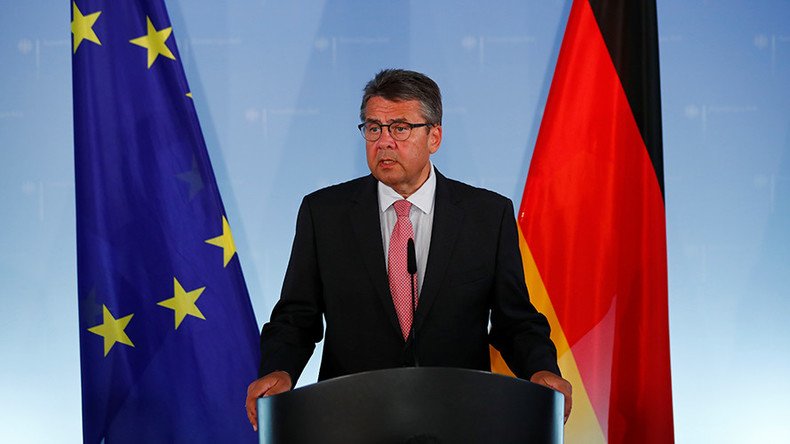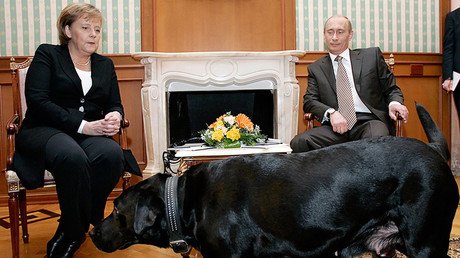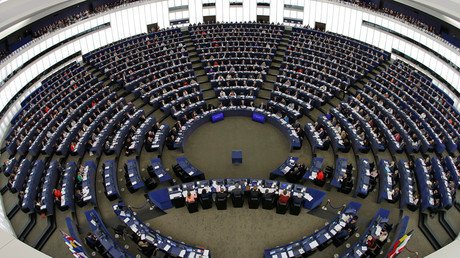‘Why speak to an instrument of Russian propaganda?’ – Spiegel to German FM on RT interview

Germany’s Der Spiegel magazine has questioned why its Foreign Minister granted an interview to RT. Sigmar Gabriel explained that German politicians should be able to give interviews to other media and not “only our established” outlets.
Gabriel who is a member of the left-leaning SPD party, discussed among other issues, Russian-German relations, the crisis in Ukraine and the question of Crimean and Catalonian self-determination during the interview with RT German last week.
In a subsequent interview with Der Spiegel published Thursday, Gabriel was asked why he would want to speak to an “instrument” of “Russian propaganda”.
“That's more of an argument to give more interviews. As you may have gathered, that I am here also [giving you an interview] to clarify my position,” he replied.
“As German politicians, we must get used to the fact that there are not only our established media. On the one hand there are the social networks, on the other also foreign TV channels, which make programs in the German language. We also talk with others, as with Al Jazeera, and why not with Chinese channels?” Gabriel explained.
“In any case I reach people of Russian origin who live with us in Germany and do not read Spiegel Online,” he added, referring to the large population of Russian-speakers who’ve immigrated to Germany from the former Soviet Union.
In November last year, MEPs in Strasbourg voted on a non-legislative resolution which calls on the EU to “respond to information warfare by Russia,” singling out RT and the Sputnik news agency as particularly dangerous "tools" of "hostile propaganda."
Der Spiegel, along with other media outlets, have accused RT and Sputnik of spreading “misinformation” into Germany, particularly in the run-up to the upcoming elections.
The ruling by the EU has been harshly criticized by members of the International Federation of Journalists, amongst others, for being grossly unfair and going against the principles of free speech and ethical journalism.
RT Editor-in-Chief Margarita Simonyan has called the magazine’s outburst “hysteria.”
“Der Spiegel is in hysteria – the head of the German Foreign Ministry dared to give an interview to RT,” she said.
In his interview with RT German, Gabriel expressed support for the Russian proposal to send UN peacekeepers to eastern Ukraine “to monitor the truce and, above all, the withdrawal of heavy weapons,” which would pave the way for a political settlement and the lifting of EU sanctions on Russia.
However, and although adopting a position that the unification of the Crimean peninsula with Russia was illegal, he noted that there are many other positions with which Russia and the EU may find common ground. These include concerns about Islamic terrorism and the escalating tensions on the Korean peninsula.














